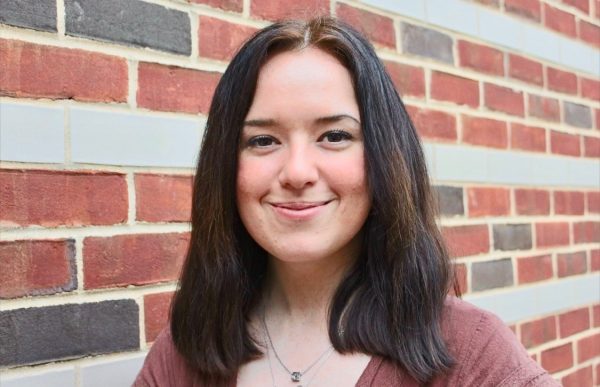Rowan’s early music group performed music from the Middle Ages and Renaissance era on Monday, April 8, in Boyd Recital Hall. Richard Carroll, the director, replaced Dr. Lourin Plant, head director. He led the Collegium Musicum, which is the early music group at Rowan.
“This is the early music group here at Rowan. It’s usually under the direction of Dr. Lourin Plant, who has been out all semester,” Director Richard Caroll said. “We’re doing the best we can, just giving you samples of different musical textures from that period.”
The concert, called “textures,” included winds, strings, keyboard, and percussion, coming together to re-create the sounds from the days of old.
Recorders, crumhorns, bassoons, and violins took the recital hall back in time. The pieces selected ranged, some dating back to the 1400s, others from the 1500s, and up through part of the 1600s. There were instruments you may have yet to hear of among the violins and recorders. One of these instruments was the crumhorn, a long wooden pipe-like instrument constructed with two reeds inside.
“They’re capped with double reeds, which makes for an uncontrolled sound and limits the range which is fine for this type of music,” Carroll said.
The group displayed the work in such a way that gave you a good sense of the transitions from the Renaissance to the early Reformation. Ditching the crumhorns and moving on to more of what we are used to in modern music. After the crumhorn section, the group moved on through the periods.
“They got tired of that [crumhorns],” Carroll said. “So these instruments that could play several octaves- they’re still with us today, while the crumhorns and the one octaves are gone.”
Another instrument used was a “portative organ.” David Doan, who has been with Collegium Musicum for four to five semesters now, played the portable organ in the ensemble.
“These were meant to be experimental instruments because they wanted to figure out the best way to play these in gothic cathedrals,” Doan said. “People joke that this organ was made in Ikea. It’s been with me for a good couple of years now.”
After the concert concluded, Doan explained to a few music enthusiasts that organs had been around during the Roman Empire, but the earliest types used water instead of wind.
“After the fall of the empire, they decided that air was better,” Doan said.
Not many were in attendance at the concert. Some parents and a sprinkling of students. It may be because not many knew the concert was happening, or what it was all about. If you’ve ever been to a Renaissance fair, you may recall some flute and pipe music playing around the streets and in between vendors. The music played Monday night was similar to this music, only on a grander scale.
Early music had a vastly different sound from the typical textures we are used to hearing today, and the early music group, under the direction of David Carroll, did a thorough job of giving us explanations and bits of history from each section they played. The night was not only entertaining but educational. Even with the absence of their head director, and the last-minute absences of a few members, the group was able to represent each period seamlessly.
For comments/questions about this story DM us on Instagram @thewhitatrowan or email [email protected].


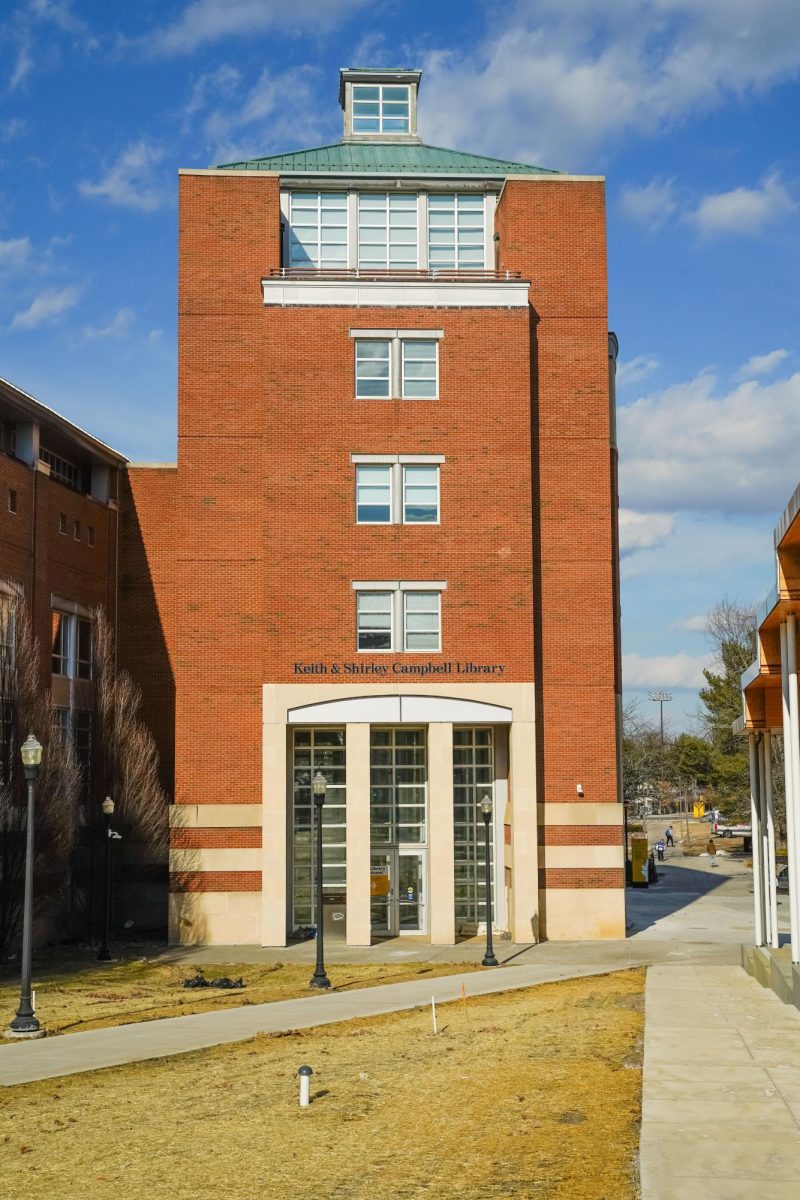
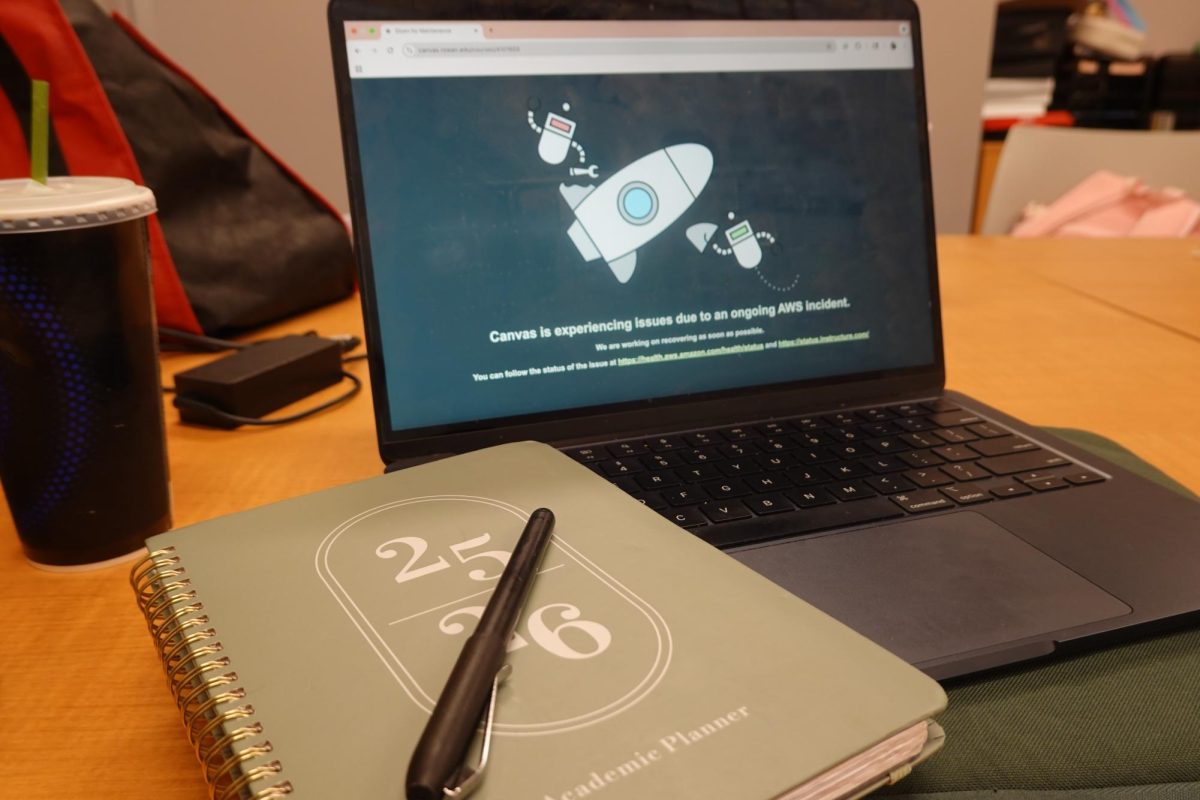














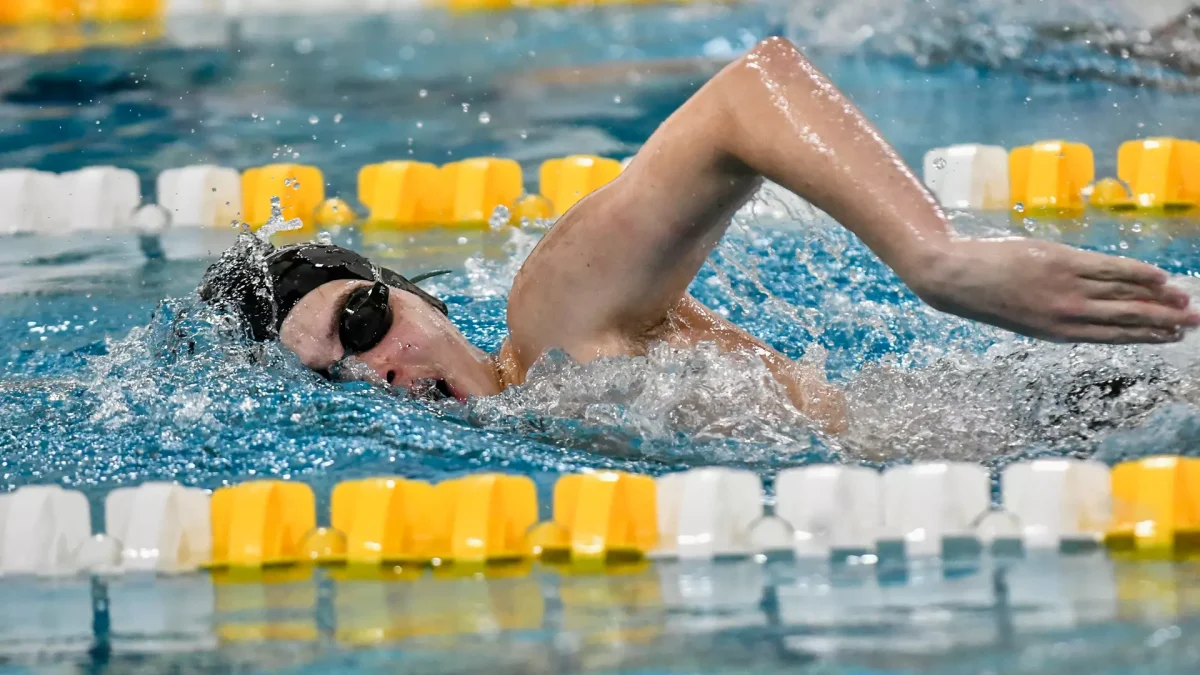
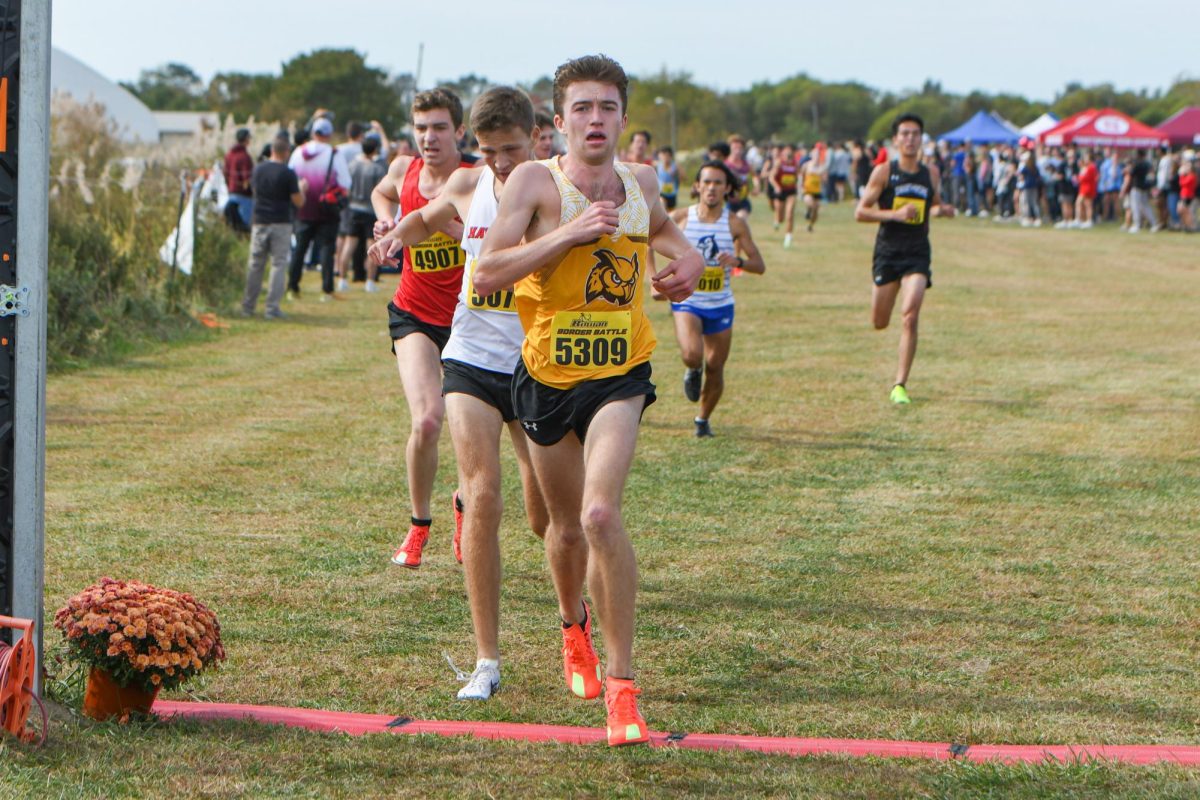
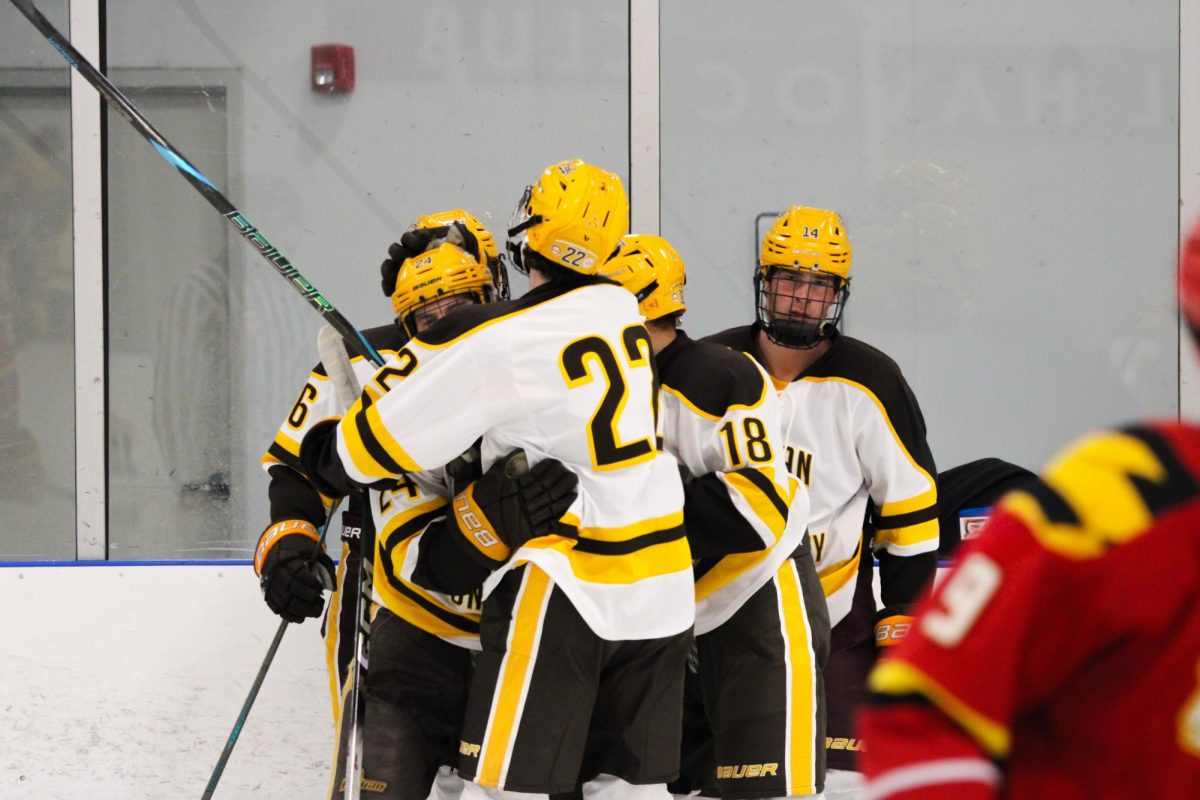
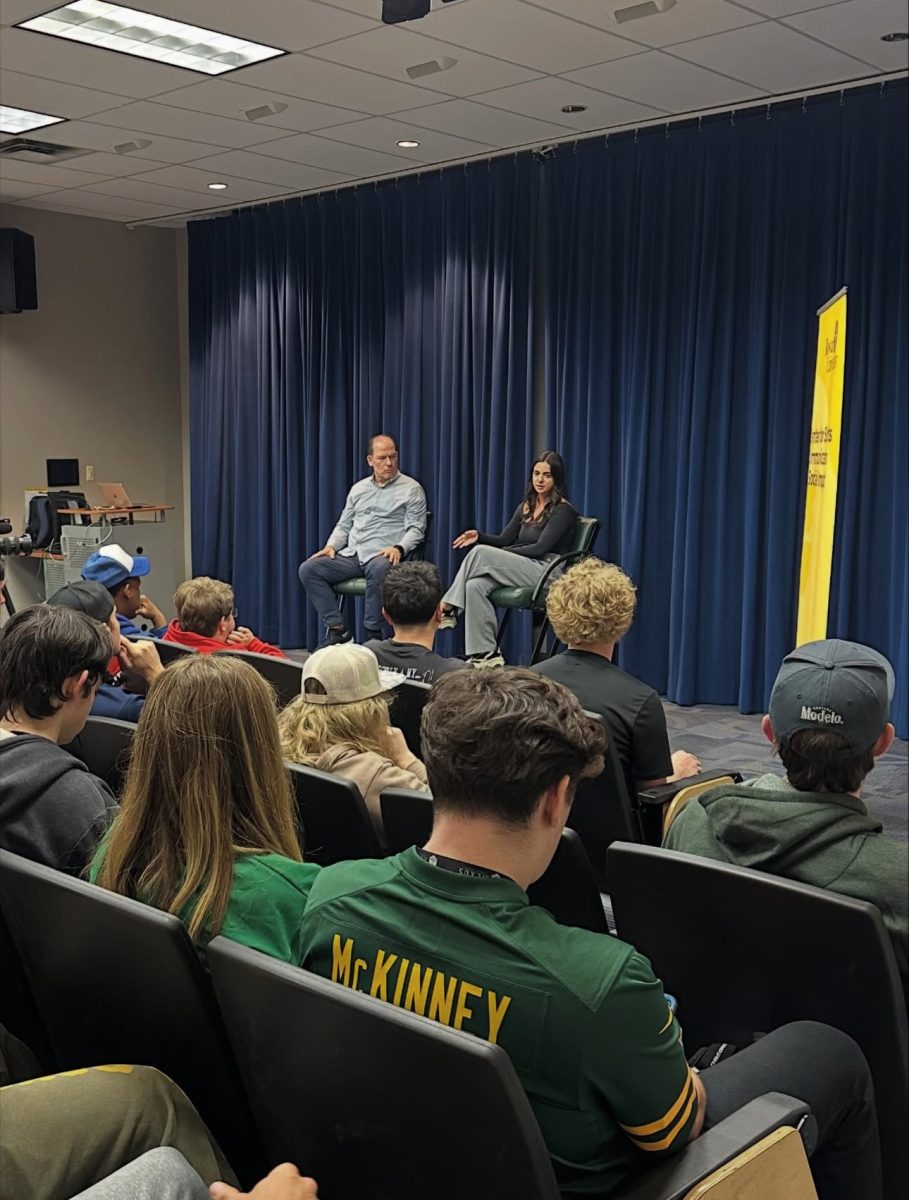
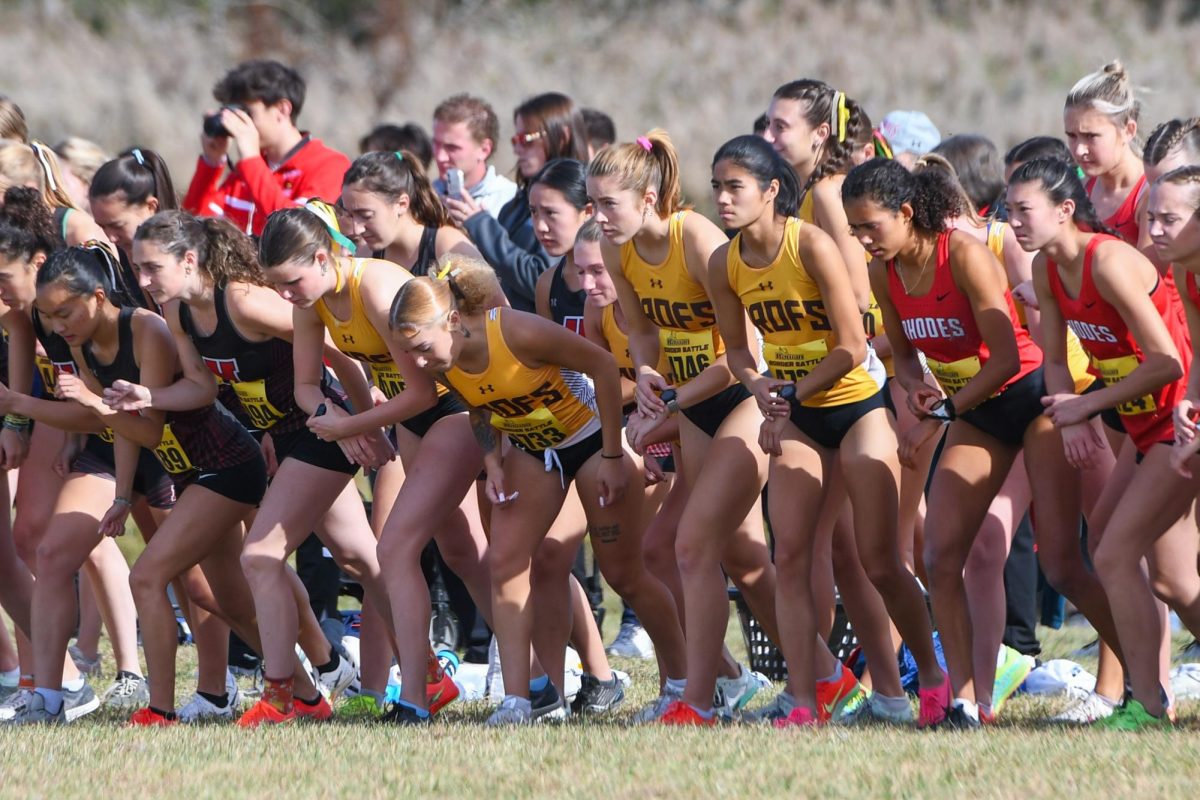





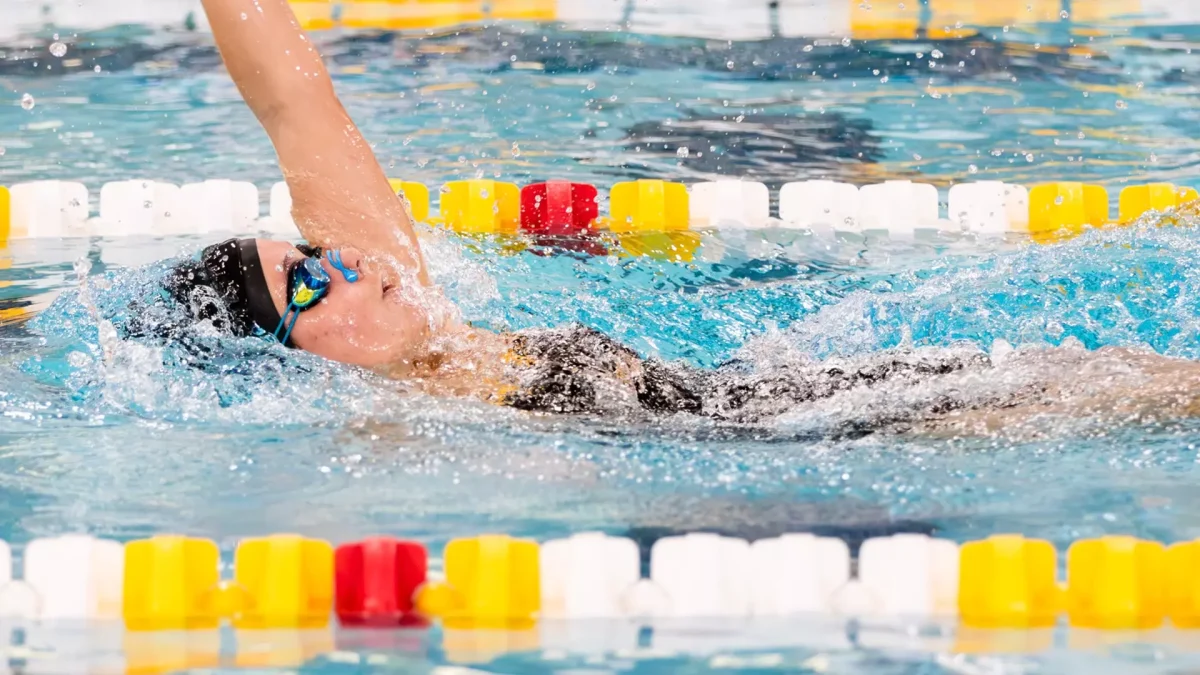






























































































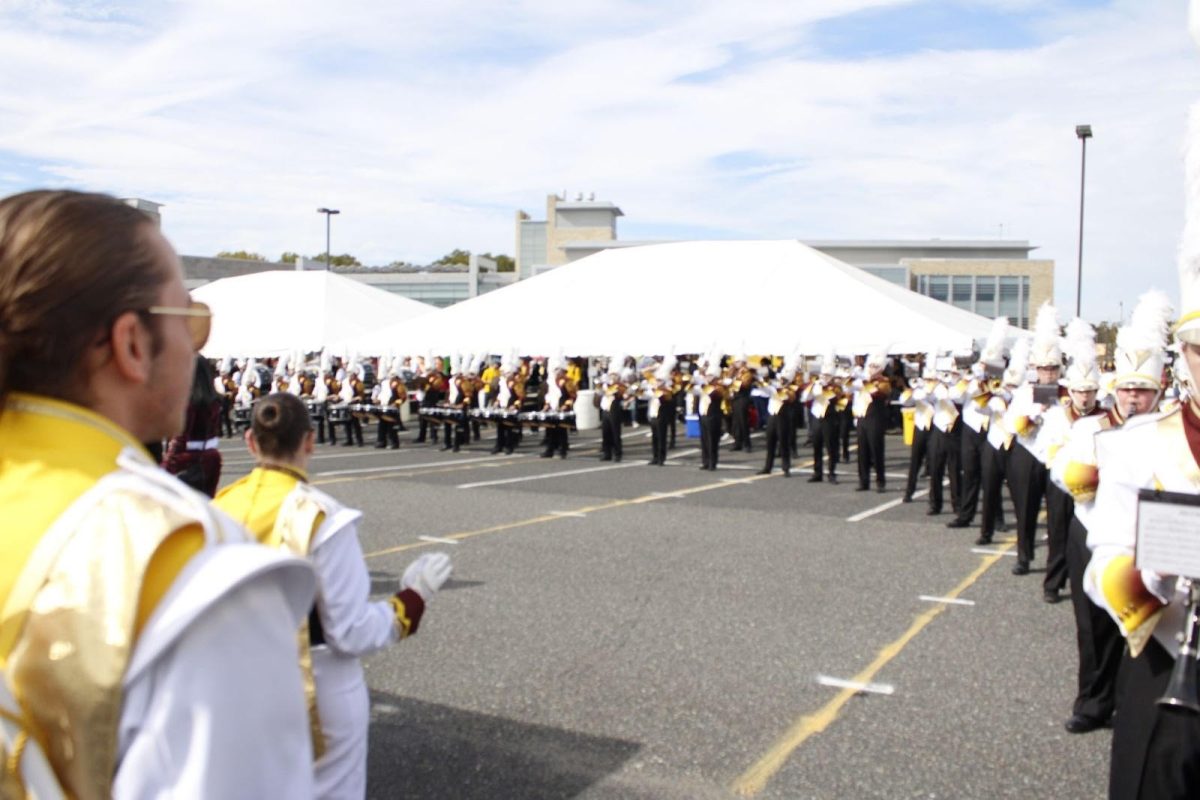

















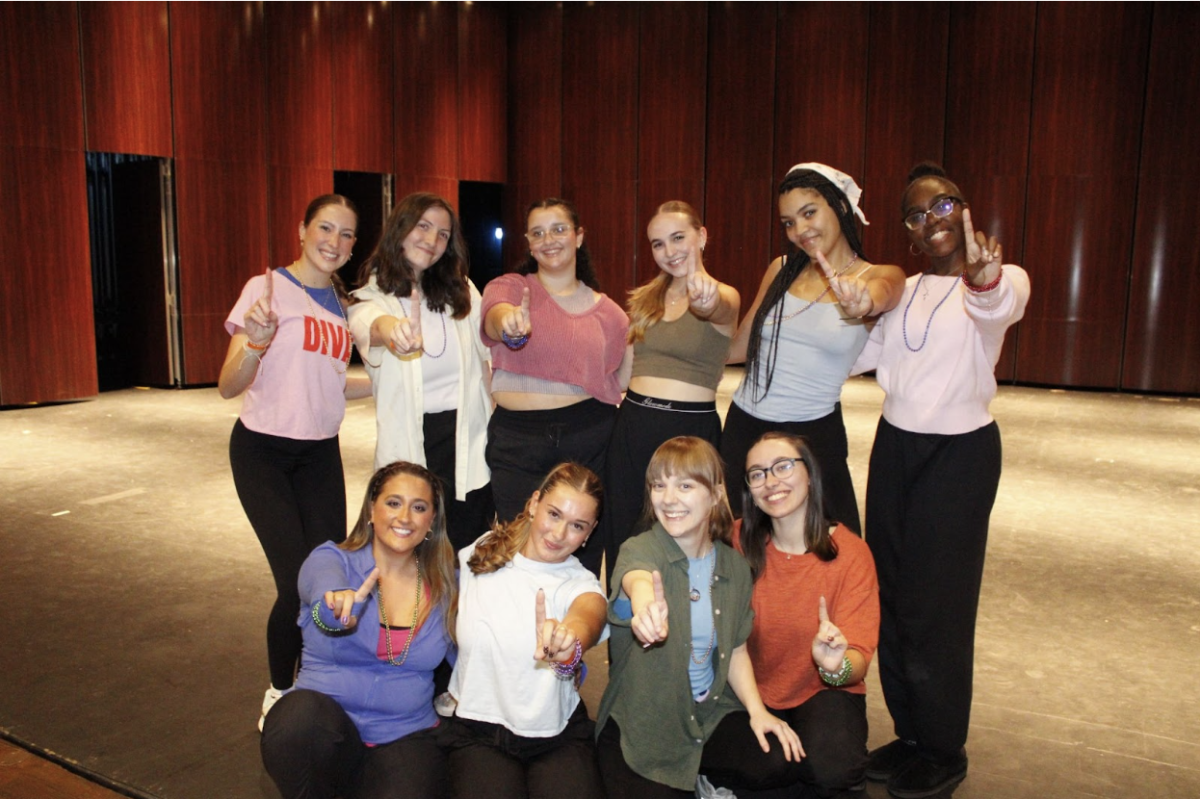
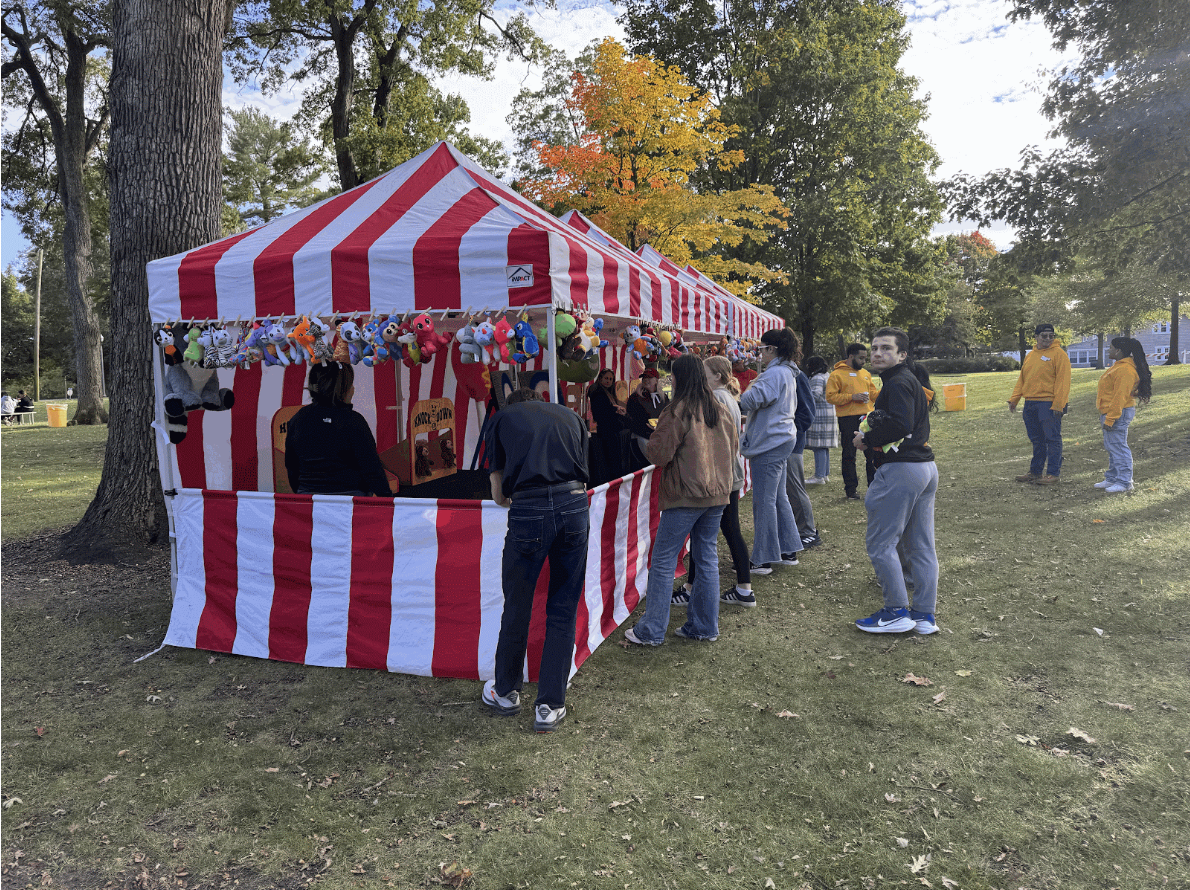
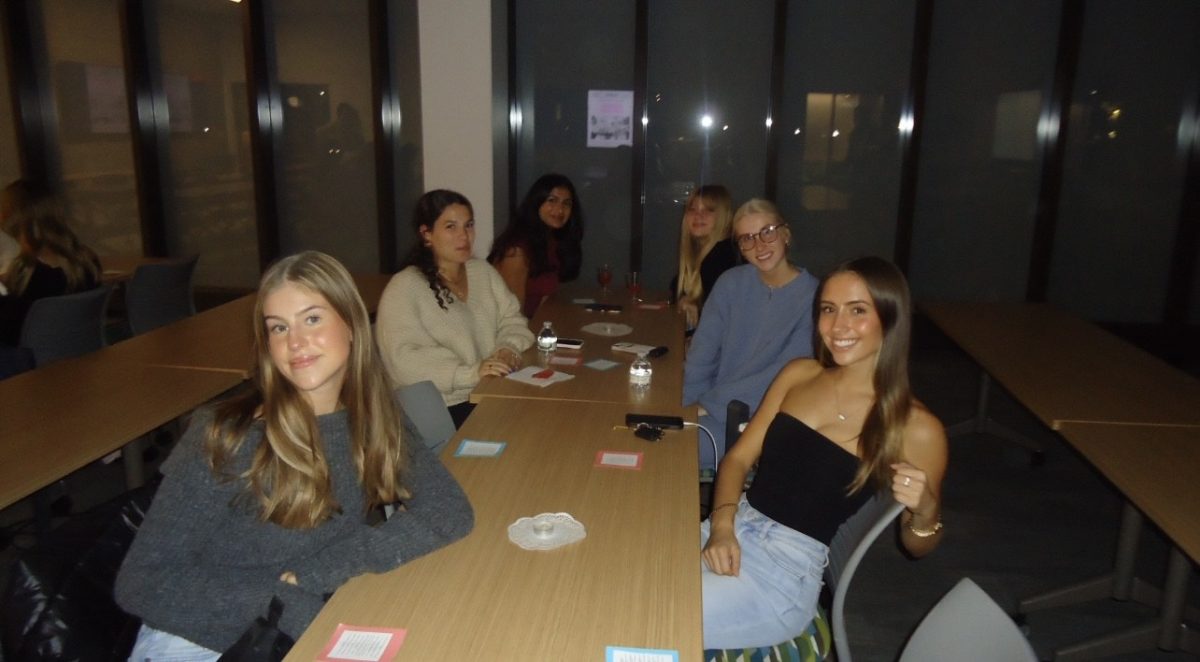
















































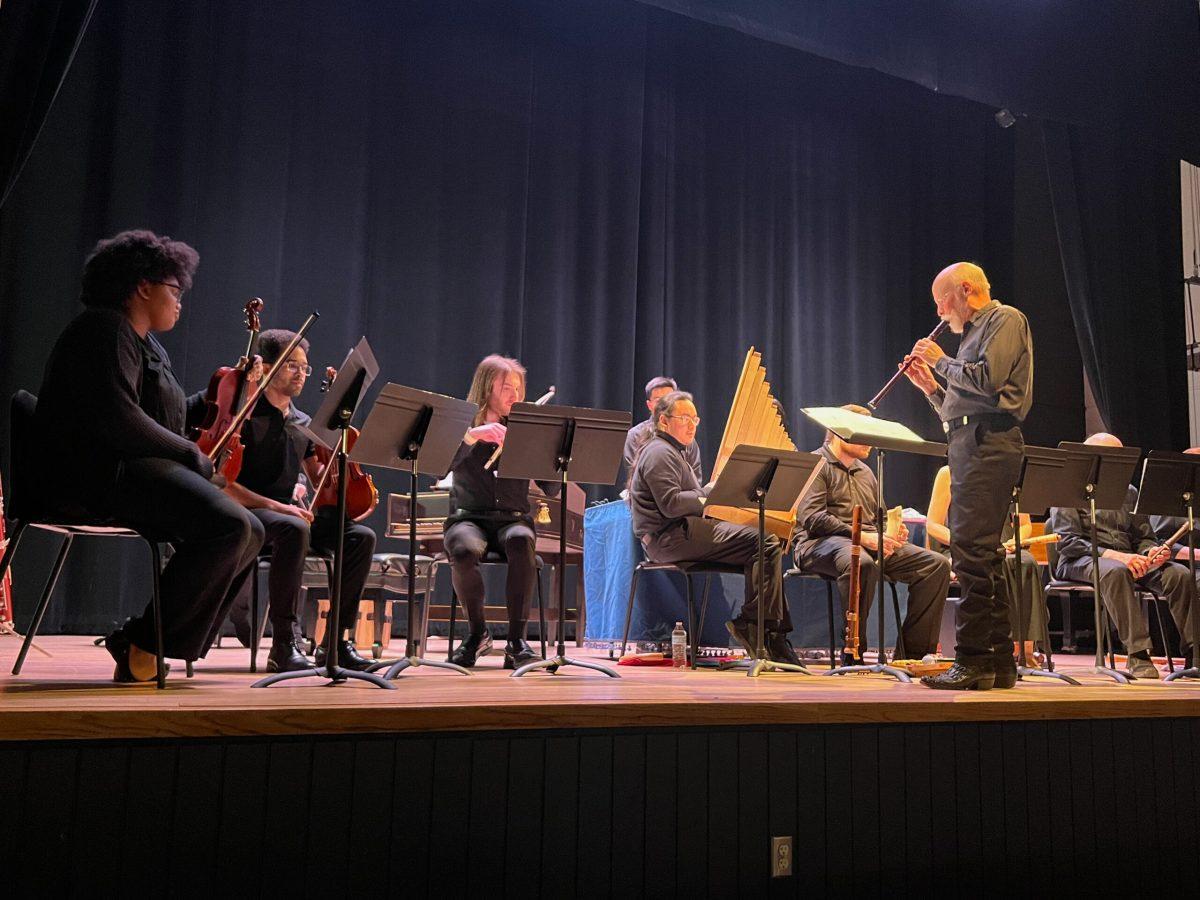



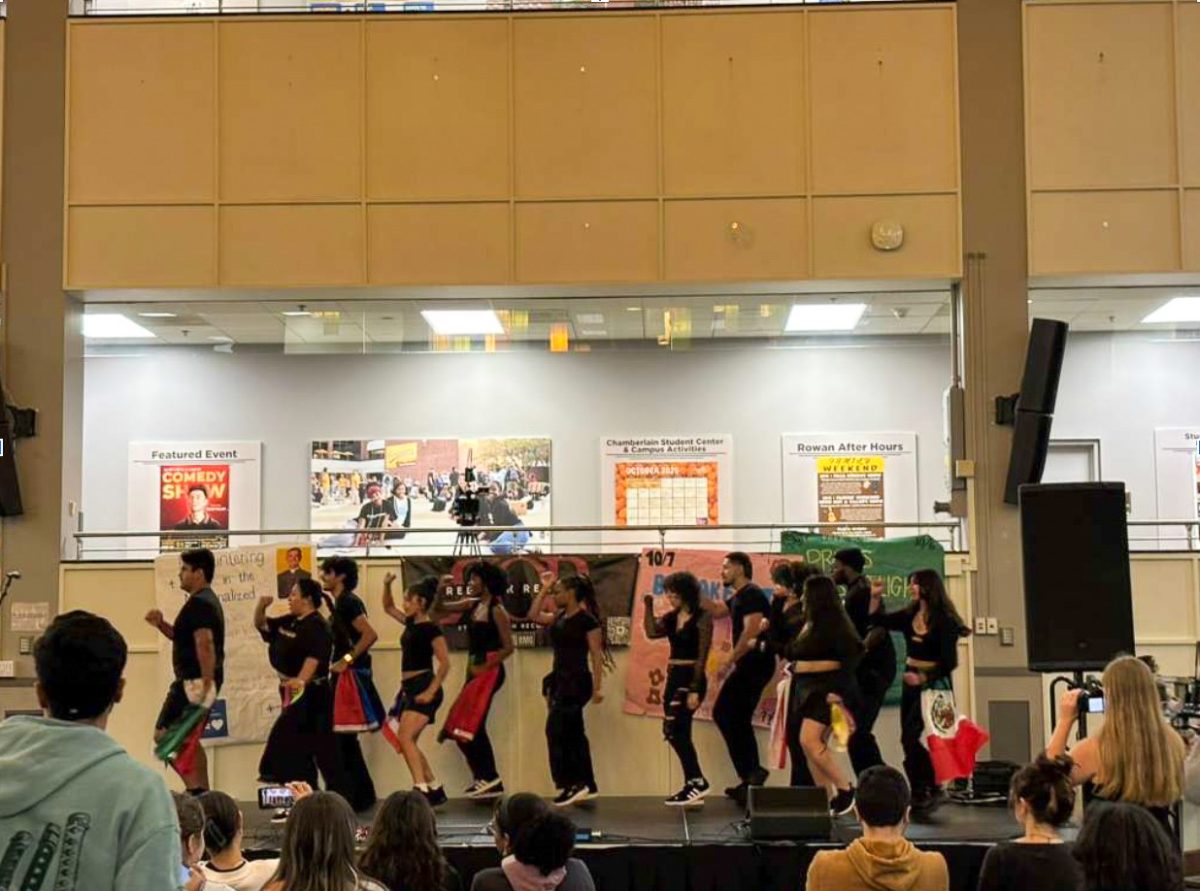



!["Working with [Dr. Lynch] is always a learning experience for me. She is a treasure,” said Thomas. - Staff Writer / Kacie Scibilia](https://thewhitonline.com/wp-content/uploads/2025/04/choir-1-1200x694.jpg)
